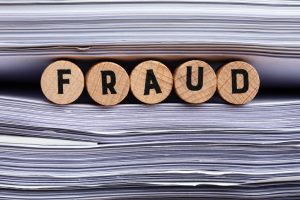 A postdoctoral research staff member discovered the fraud and filed a whistleblower lawsuit under the qui tam provisions of the False Claims Act.
A postdoctoral research staff member discovered the fraud and filed a whistleblower lawsuit under the qui tam provisions of the False Claims Act.
New York City public university Hunter College and the former director of its HIV studies center have agreed to pay a combined $575,000 to settle allegations they violated the False Claims Act by knowingly misusing National Institutes of Health (NIH) grant funding while falsely certifying their compliance with federal requirements.
The case, initiated by a qui tam whistleblower, alleged that former Hunter psychology professor Jeffrey Parsons-Hietikko improperly diverted tens of thousands of dollars in NIH grant funds to pay for personal expenses and to compensate HIV studies center staff for unrelated projects.
 The Whistleblower & Anti-Fraud Blog
The Whistleblower & Anti-Fraud Blog


 The hiring of the subcontractors by Vescent Photonics allegedly violated conditions on the use of Small Business Innovation Research (SBIR) grant funding.
The hiring of the subcontractors by Vescent Photonics allegedly violated conditions on the use of Small Business Innovation Research (SBIR) grant funding. Contractor previously paid $5.6 million to resolve allegations it improperly sourced tungsten cubes from China instead of the United States for high-explosive tank rounds sold to Israel.
Contractor previously paid $5.6 million to resolve allegations it improperly sourced tungsten cubes from China instead of the United States for high-explosive tank rounds sold to Israel. The Rensselaerville Institute allegedly overstated its average monthly payroll to receive a larger PPP loan
The Rensselaerville Institute allegedly overstated its average monthly payroll to receive a larger PPP loan nment cannot raise “qualified immunity” as a defense, the Fourth Circuit Court of Appeals has held. The state of mind required to establish False Claims Act liability forecloses it, the court reasoned in
nment cannot raise “qualified immunity” as a defense, the Fourth Circuit Court of Appeals has held. The state of mind required to establish False Claims Act liability forecloses it, the court reasoned in